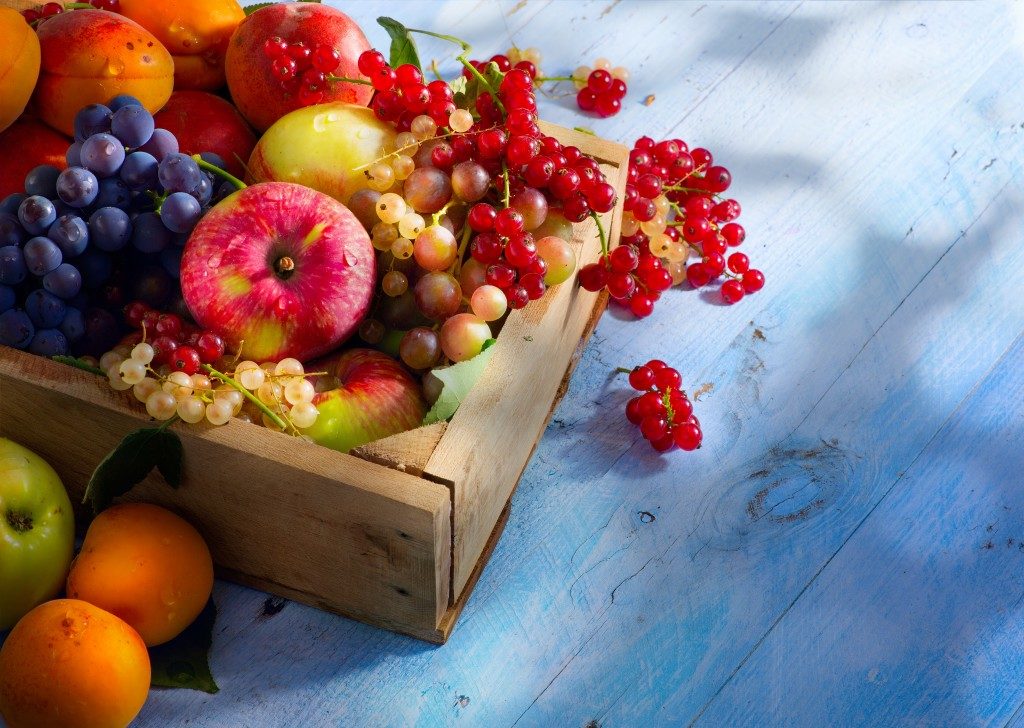In the past decades, wooden crates and fruit bins have been a regular part of fruit farming, but times are changing. Farms are doing away with wooden containers and bins and opting for plastic ones.
The Problem with Wooden Crates
One big problem for wooden containers is hygiene. Wood is porous, allowing water to seep into it. This can result in the growth of molds on the box. Absorbed moisture can also serve as a breeding ground for bacteria. Most countries have adopted standards regarding the use of wooden fruit bins and crates; they must remain dry, undamaged, and clean.
Several countries also disallow produce from coming into contact with wooden containers, requiring an additional box to separate the product from the wood. Wooden crates are quite heavy. This makes storage problematic, and stacking them can be dangerous. Transport can be expensive, and the sharp edges of a wooden container can damage produce during transit. Wooden crates are inexpensive, and they usually last around ten years. However, stricter policies regarding the handling of products will typically require constant maintenance or replacement.
A Better Alternative

Modern farms are switching to plastic alternatives to traditional wooden containers. Plastic pallet bins and fruit bins have proven to be more hygienic, efficient, and durable. Plastic does not absorb or retain moisture, eliminating mold and bacteria growth. Soap and water are all that’s needed for cleaning, and no residue is left on its surface. Plastic bins are 20-40 percent lighter than wooden ones, making transport less expensive. Their design ensures minimal produce damage (minimizing bruising) in transit, whether through NZ truck trailers, cargo ships, or air freights.
Plastic bins are designed to be stackable. They are easier to store and easier to transport. Plastic produce containers can be a bit more expensive than traditional wooden ones, but they can last 2-3 times longer, often requiring no maintenance or replacement for 30 years. Modern plastic containers are also designed to conform to existing machinery like bin tippers, forklifts, and other farm equipment.
Modern Farming Standard
The entire Bolzano region of Italy has switched from traditional wooden crates to plastic ones to reduce the spread of diseases as well as to increase farming efficiency. Kiwi farms are also adopting the use of plastic fruit and pallet bins in New Zealand and fruit farms in Australia. In the USA, new plastic containers are essential in their farming industries, especially ones that make extensive use of automation.
While most countries have guidelines on the use of wooden crates and containers, modern plastic fruit and pallet bins are considered safe and require very little regulation. Modern plastic containers are specifically designed to meet international standards on the storage and transport of produce, making farming operations more manageable and profitable.
Traditional fruit bins are things of the past. Progress and innovation have created better alternatives in plastic fruit and pallet bins. While you might still see a few wooden fruit bins for display or aesthetic purposes, most of a modern farm’s operation will be making use of contemporary plastic storage options.

